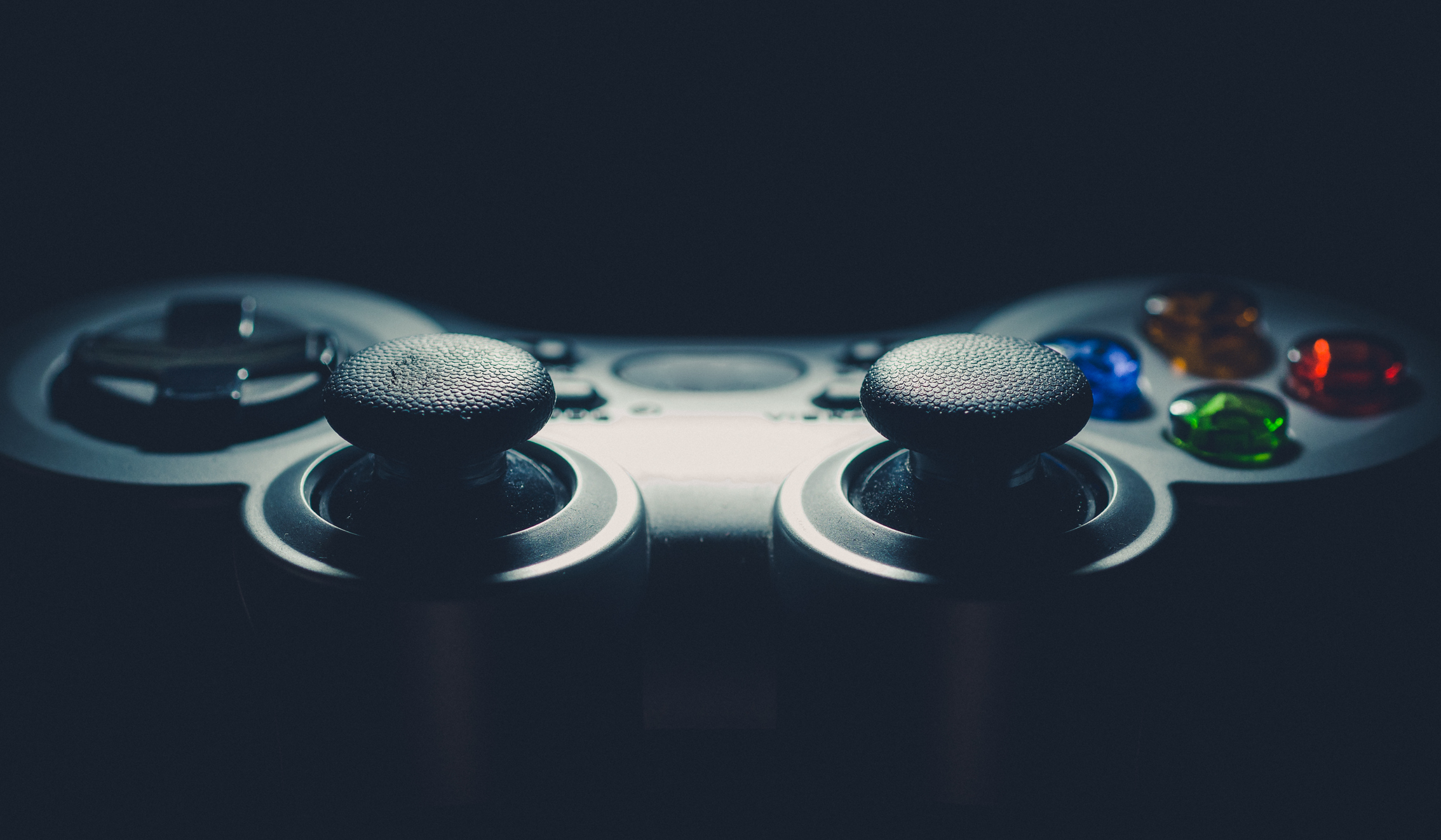Making the first change to their diagnostic manual in 27 years, the World Health Organisation has officially classified “gaming disorder” as an official mental health condition.
Let’s just say that the internet and gamers worldwide aren’t very happy about that. People have criticized many for the decision as they believe that gaming isn’t an addiction – it’s just a hobby that doesn’t warrant rehab.
While there is definitely grey area within any addiction, there will be new criteria which can help assess whether someone is just an avid gamer, or suffering from an addiction. A member from WHO’s Department of Mental Health and Substance Abuse clarified that while many who game don’t necessarily have a disorder, excessive usage can create a negative effect on mental health, and get in the way of life.
This is part of their mentioned criteria: “For gaming disorder to be diagnosed, the behaviour pattern must be of sufficient severity to result in significant impairment in personal, family, social, educational, occupational or other important areas of functioning and would normally have been evident for at least 12 months.”
While video games can enhance spatial skills, hand-eye coordination and a range of cognitive agility, moderation is the key, as is with any vice.
Recent studies have proven that first-person shooting games vastly decrease grey matter within the brain’s hippocampus, which basically means that over-usage isn’t great for the brain (especially developing ones), although gaming can have its benefits.
Will this move affect you potentially getting that new gaming chair for Christmas? Or are we going a step in the right direction, with the Western world finally putting a focus on mental health that’s desperately needed? What will this mean for professional gamers and stigmatization in the industry?
With the mainstream presence of VR infiltrating many markets, we’re sure that this debate is only going to get more heated.


